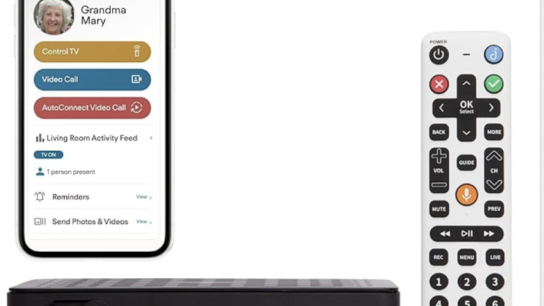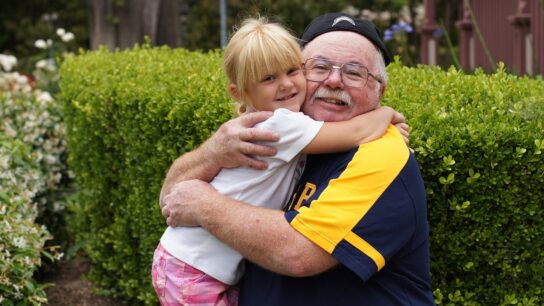Caring for an aging parent can be a tremendously fulfilling experience, allowing you to cement your connection to mom or dad. It’s also your chance to give back to someone who once took care of you. As we say here at MPGO: “They Cared for You — Now it’s Your turn”.
But let’s face it, the caregiver role often comes with its own set of challenges and stressors. This can easily result in a condition known as “caregiver role strain”. Coping with caregiver role strain requires resilience, support, and self-care strategies. Here’s a look at the symptoms of this strain, followed by strategies for coping with the feelings you’re experiencing.
Caregiver role strain can manifest in various ways, including:
1. Physical Exhaustion: The demands of assisting an elderly parent with their activities of daily living, managing their medications, and taking them to medical appointments can easily leave you fatigued, sleeping poorly, and suffering from other physical ailments. It can wear you to the bone.
2. Emotional Distress: It’s quite common to have feeling of guilt, sadness, anxiety, and frustration when providing care. Watching a loved one’s health and independence decline can tax you emotionally, leading to feelings of helplessness and grief.
3. Social Isolation: Providing care often requires you to give up some or all or your own social life. And who’s got time for hobbies when you’ve got to prioritize the needs of your aging parent? This can easily make you feel lonely and frustrated.
4. Financial Strain: Maybe you’re already retired and your parents are loaded, meaning you’re not losing income while spending their money on their care. But for the 95% of us not in that situation, taking care of an aging parent can be a financial burden. You might have to reduce your work hours, or give up your job altogether. And you may face additional medical costs for them, home modifications, supplies, prepared meals, etc., all of which cause a financial hit.
Coping Strategies for Caregiver Role Strain:
Here are some strategies for dealing with the very common, and very understandable phenomenon, of the strain you being a caregiver.
1. Seek Support: Don’t hesitate to reach out for support from family, friends, support groups, or professional counselors (including asking siblings to pay their financial share if they’re not already). Sharing your experiences and feelings with others can provide validation, encouragement, and practical advice. Don’t be shy; don’t keep it bottled up inside. And good on you for taking the first step by coming to MyParentsGotOld.com.
2. Set Realistic Expectations: There’s only so much you can do, so you’ll benefit from prioritizing the various tasks. Is it urgent and important? Do it now! Is it not urgent but important? Get it done soon. Is it not urgent and not important but needs to be done eventually? Put it off for a bit…
3. Practice Self-Care: You can’t take care of them if you don’t take care of yourself; it’s the old “put your oxygen mask on first before assisting others” situation. Make the time to do the things you like and need to do. Perhaps it’s exercise, yoga, seeing a movie, reading, cooking – whatever promotes your physical, emotional, and mental well-being. (Consider edibles if it’s legal in your state 🙂 )
4. Utilize Respite Care: Take advantage of respite care services to give yourself a break. Ask a family member to take over caregiving for a few hours. Hire a professional to come in so you can get some time off. It may cost you a few bucks, but it’ll be well worth it if you come back better able to care for mom or dad.
5. Educate Yourself: Take the time to learn about your aging parent’s condition, treatment options, and available resources. Knowledge empowers you to make informed decisions and advocate effectively for your loved one. Thank you for coming to MyParentsGotOld.com for caregiver education.
6. Set Boundaries: Establish clear boundaries with your aging parent and other family members to protect your own well-being. There will be times when you just have to say “No” – and you’re entitled.
7. Practice Mindfulness: Incorporating mindfulness and stress-reduction techniques into your daily routine will help you better cope. Meditation, deep breathing exercises, and mindfulness practices can help caregivers stay present and calm amidst the challenges of caregiving. Several apps for your phone can help: here’s a NY Times piece on the best ones for meditation.
Caregiver role strain is a common and understandable experience for folks caring for aging parents. Remember that you are not alone, and reaching out for help is a sign of strength, not weakness. Take care of yourself so you can continue to provide the best possible care for your aging parent!



